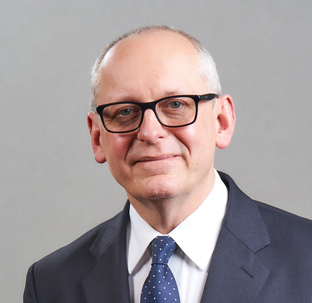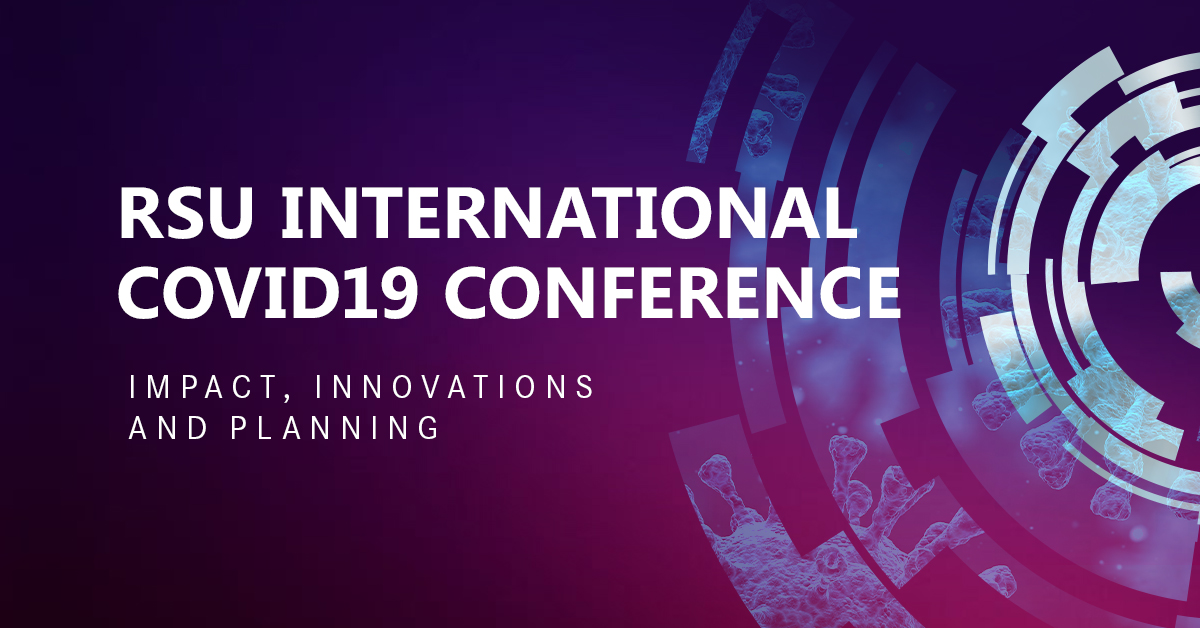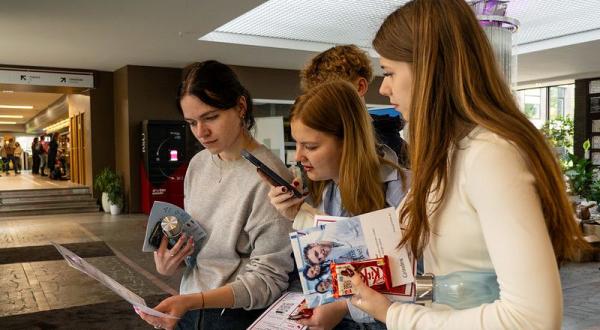RSU Organises International Conference to Assess Health and Social Aspects of the Covid-19 Pandemic
As we are heading towards the third spring marked by the COVID-19 pandemic, Rīga Stradiņš University (RSU) invites the scientific community, practitioners, students, representatives of governmental and non-governmental organisations, as well as industry representatives to its international Covid-19 conference: Impact, Innovations and Planning. The conference will take place online from 28 to 29 April and will cover not only medical and public health, but also communication, legal, technological aspects and more.
The COVID-19 pandemic is the most significant public health emergency of the 21st century. It has not only become a threat to our physical and mental health, but it has also affected our lifestyles, the way we think, work, and move.
The whole world has been under tremendous pressure – not only scientists, public health professionals, and medical practitioners, but every member of society. The pandemic has shown that we need to change our approach and think outside the box, be innovative, and cooperate with other disciplines. Answers can often be found where two fields intersect.
Professor Aigars Pētersons, RSU Rector, President of the Conference
RSU Vice-Rector for Science and Chair of the conference’s Organising Committee, Agrita Kiopa explains that the two-day event will bring together experts from the World Health Organisation (WHO), the Robert Koch Institute in Germany, University College London, and more. The programme includes plenary sessions, poster presentations, as well as panel discussions. On the second day of the conference, there will be a series of discussions that will be open to the general public in which medical practitioners, cognitive science experts, political scientists, social anthropologists, communications specialists and others will participate.
In the field of clinical medicine, COVID-19 risk factors, vaccines, virus transmission, clinical manifestations, diagnostic testing, visual diagnostics, immune responses, treatment and pharmaceutical prophylaxis, long COVID and other issues will be addressed. In the public health field, the following will be among the topics that will be covered: future paradigms, the COVID-19 epidemiological situation, the impact on public health and strategies to limit the spread of the infection, risk groups (such as persons with chronic diseases, pregnant women, children, adolescents and seniors), communication and “infodemics”, the digitalisation of the health sector, health workers, mental health, modelling and bioinformatics, and prevention.
The scientific committee represents various fields, highlighting the interdisciplinary nature of the conference: infectology, paediatrics, internal diseases, family medicine, public health, communication science, and social anthropology. The members of the committee include Prof. Guntis Bahs, Assoc. Prof. Anda Ķīvīte-Urtāne, Prof. Ilze Konrāde, Assoc. Prof. Jana Pavāre, lecturer Kārlis Rācenis, Prof. Anda Rožukalne, Assoc. Prof. Klāvs Sedlenieks, Prof. Ludmila Vīksna, Assoc. Prof. Dace Zavadska. and is led by Prof. Aivars Lejnieks.
The conference’s partners include a number of scientific institutes, clinics, laboratories, and companies: Pauls Stradiņš Clinical University Hospital, Riga East Clinical University Hospital, the Children’s Clinical University Hospital, the Family Vaccination Centre, the Latvian Biomedical Research and Study Centre, DF LAB Medical Technology Platform of the Faculty of Computing of the University of Latvia, the American Chamber of Commerce in Latvia, the start-up Longenesis, and others.
Participants in the conference will receive 8 continuing education points per day. Researchers who plan to present their work in the poster presentation section are particularly welcome to apply. Poster presentations (abstracts are not required) can be submitted until 31 March. Posters that will be accepted by the jury will be posted on the virtual conference platform for further discussion and evaluation. The authors of the best posters will have the opportunity to publish their works in the internationally cited journal Medicina (Kaunas, Lithuania) and the scientific journal of the Latvian Academy of Sciences, Proceedings of the Latvian Academy of Sciences.






